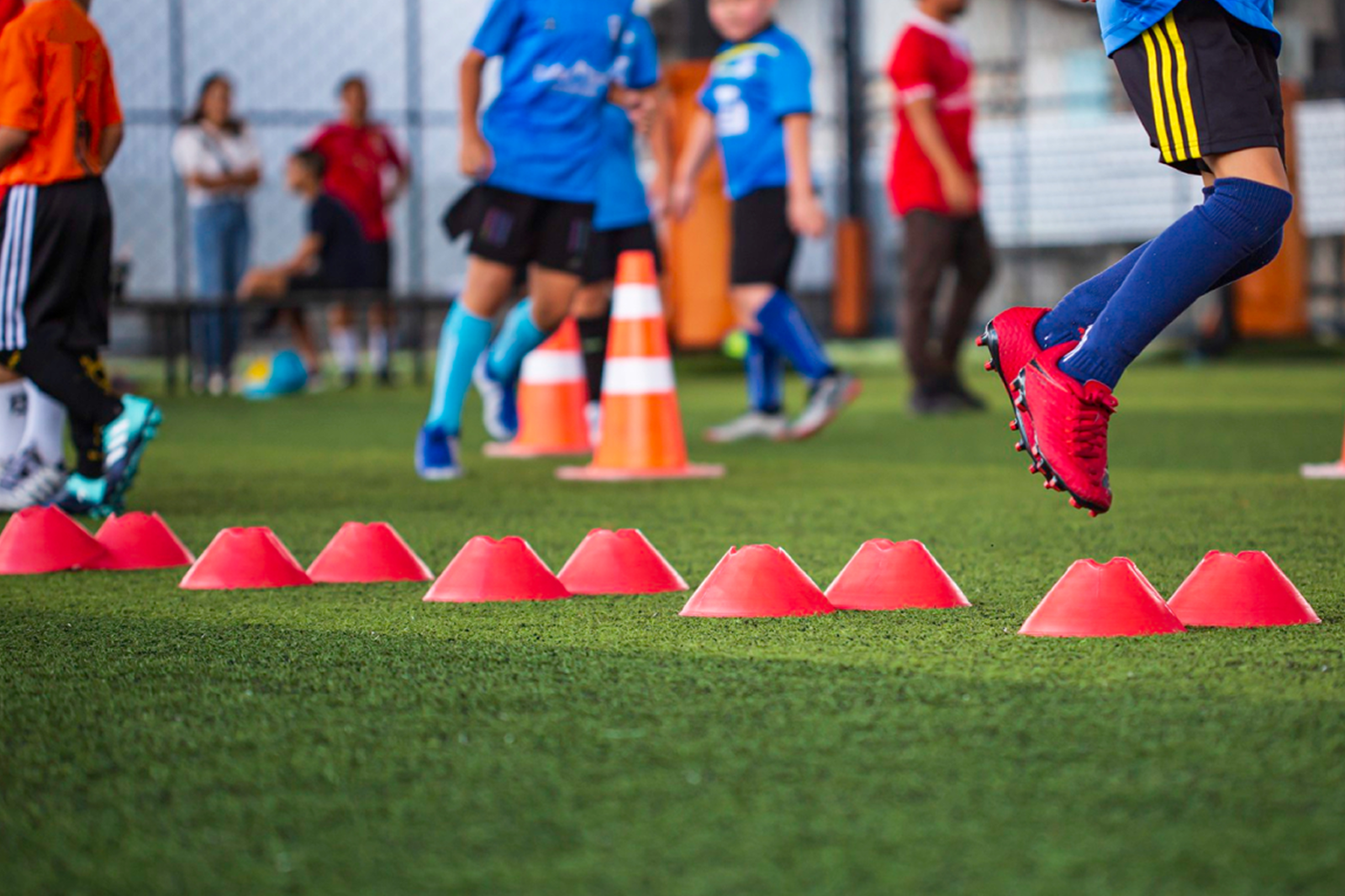Building skills starts long before game day. When young players attend structured sessions regularly, their development becomes a steady rhythm rather than a burst of occasional effort. Coaches create a progression by reinforcing movement, positioning, and discipline. The energy on the field, mixed with thoughtful guidance, brings out each player’s strengths while refining their foundation. This consistency not only builds technical ability—it supports emotional balance, concentration, and confidence, offering young minds space to grow with purpose.
Technical Growth From Every Drill
Repetition with intention lies at the heart of effective soccer practice sessions. From passing exercises to agility drills, each moment is crafted to build coordination, decision-making, and game awareness. Coaches design these sessions not just to teach plays but to develop rhythm and instinct. Players become more responsive and focused over time. When practice is layered with encouragement and patience, children absorb lessons that stick—lessons that show up clearly on the pitch and beyond.

Empowerment Through Safe Environments
Children grow fastest in spaces where they feel seen and safe. The training environment is encouraging and allows for experimentation without fear of criticism. Every little victory, whether it's a clean pass or a speedy recovery, boosts motivation within. Practice turns into more than just a habit. It develops into a happy routine. This harmony between openness and order fosters a sense of ownership. Players learn not just what to do but why it matters—fostering curiosity, commitment, and a natural love for the game.
Holistic Benefits Through Training
Beyond fitness, soccer helps young players sharpen focus and emotional control. With every drill, children are learning more than just movement. They begin managing frustration, reading social cues, and building resilience. The physical aspects of training support mental clarity. By staying engaged and disciplined, players improve their self-regulation—carrying those lessons into school, family life, and friendships. Soccer, in this way, becomes a channel for personal growth far beyond the field.
Mental Shifts On The Field
Children's perspectives on the game expand as they get older. With thoughtful guidance, child development through soccer begins to show in how they communicate, how they handle pressure, and how they make choices under time constraints. Tactical understanding becomes part of their thinking, not just their play. The ability to listen, adapt, and reflect during practice lays the groundwork for maturity. Soccer becomes not only a physical outlet but a mental training ground for life.
Training That Builds Identity
Structured sessions help young players form a sense of identity. Through child development through soccer, they gain clarity about their strengths, preferred roles, and personal style. These discoveries create ownership and pride. The repetition, challenge, and camaraderie of practice sessions shape a narrative of effort and growth. That story becomes part of who they are—on and off the field. Soccer, done right, doesn’t just teach technique; it shapes character through action.

Conclusion
Quality soccer coaching goes far beyond passing drills or scoring goals. The lasting value comes from how structured sessions influence mindset, behaviour, and self-worth. Through training, children are learning discipline, empathy, and confidence—tools they will use for a lifetime. On the field and in life, those who grow through consistent effort carry that experience into everything they do. At the core of such programs, aurigafootballclub.com supports not just players, but developing individuals ready for their future.
Blog Source Url:- https://aurigafootballclub.blogspot.com/2025/09/structured-soccer-practice-sessions.html